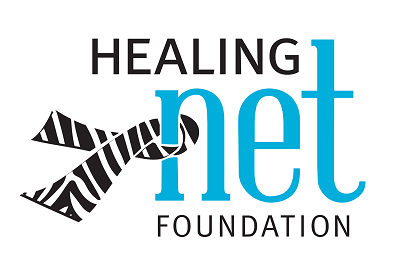Managing Carcinoid Syndrome Symptoms--The 5 E's
/EATING
Large meals, spicy foods, and foods high in nitrogen-containing compounds called amines can trigger symptoms of carcinoid syndrome. Tomato-based foods, caffeine, chocolate, nuts and raw vegetables are common triggers.
EXERCISE
This trigger is highly variable from person to person, but in general physical stress may activate symptoms. The trick here is not to overdo. If you are not used to a particular exercise regimen, take it slowly and work up your tolerance.
EMOTIONS
Strong emotions such as anger, stress and anxiety can trigger symptoms. While it is impossible to completely avoid stress in everyday life, patients with carcinoid syndrome should work to reduce stress levels.
EPINEPHRINE
Certain medical or dental procedures may require numbing agents or anesthetics, which could contain epinephrine. In small doses it is usually quite safe, but epinephrine could trigger symptoms. Inform providers of your carcinoid syndrome diagnosis so they are aware and can consider alternatives.
ETHANOL (ALCOHOL)
Some people cannot tolerate any alcohol because it can exacerbate carcinoid syndrome. Monitor your own reaction and adjust accordingly.
Finding ways to cope with the anxiety and worry that can accompany carcinoid syndrome may aid in decreasing symptoms and how much they affect your life. Incorporating self care activities to reduce stress, such as journaling, enjoying your favorite hobby, spending quality time with loved ones, meditation and/or just resting and pausing when needed, can make a difference. These things, coupled with your medical interventions, can greatly improve your quality of life. --Dana Stafford RN, BSN



